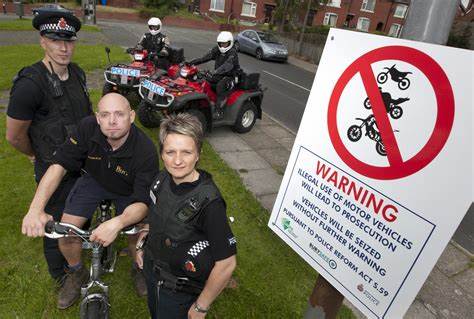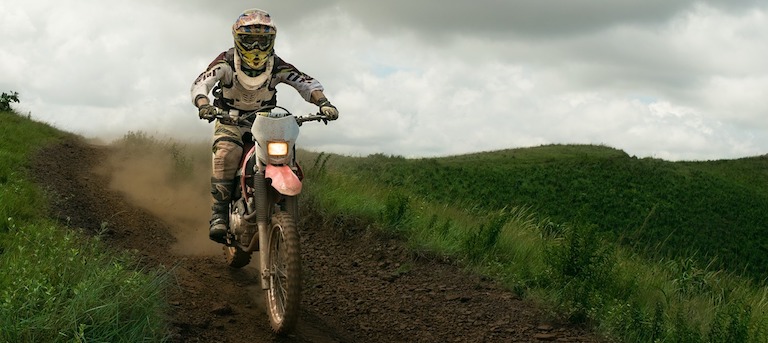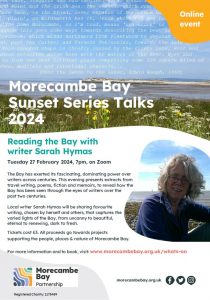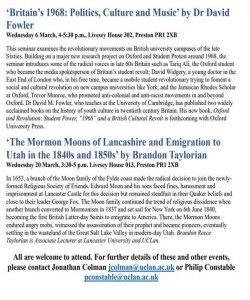Rooley Moor Neighbourhood Forum
Annual General Meeting
You are cordially invited to attend our AGM on Thursday, 30th January 2025 from 7pm at The Old Library, Edenfield Road, Norden, Rochdale OL11 5XE.
AGENDA
-
- Introduction & Apologies
- Code of Conduct
- Conflicts of interest and conflicts of loyalty
- To approve the Minutes of the Annual General meeting of 2023 and review the actions from this meeting.
- To adopt the Accounts for the year ended 31st August 2024, and To agree our reserves policy
- Legal & Administrative Information
- To approve the Reports from Trustees and Officers of the Forum
- Trustee & Officer Rotation, Resignations and Appointments
- Policy Update
- AOB
* Scout Moor II Wind Farm
* Cotton Famine Road Project – Update
* CCTV – Catley Lane Head (ASB and vandalism)
* Repairs required at Broadley Pond (JN)
* Fund raising. - Next Meeting – TBA
Please let us know if you would like to be more involved
As a local charity we are looking for new trustees to join at our AGM. We particularly want to hear from local people with the time, interest and skills who can help our charity meet its objectives.
For more information please email the Forum Secretary at: info@RMNF.org.uk







